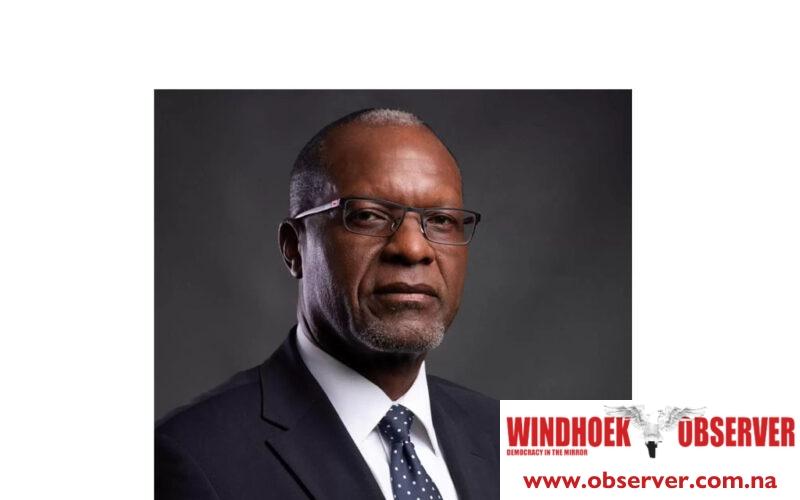Martin Endjala
Mines and Energy Minister Tom Alweendo has affirmed that nuclear energy remains a crucial component of the government’s long-term plans, as articulated in its National Integrated Resource Plan (NIRP) issued earlier this year.
He made this statement during a Cabinet Committee Briefing held in Windhoek.
Alweendo pointed out that the NIRP has detailed how the government intends to manage the supply of electricity within the country.
While nuclear energy may not be an immediate priority, it is considered as part of the long-term strategy.
However, Alweendo emphasized that the feasibility of nuclear energy depends on various factors, including the cost implications, as the ultimate consumers of electricity need to be considered.
The minister stressed the importance of diversifying the sources of electricity to ensure a sustainable energy supply.
He noted that reliance on a single supplier, as in the case of National Utility Power (NamPower), is not ideal.
Alweendo highlighted that if Namibia were to pursue nuclear energy, it would be a lengthy process that necessitates having the right expertise.
He also acknowledged public concerns and misconceptions associated with nuclear energy, often conflated with nuclear weapons.
Alweendo explained that utilizing nuclear energy involves a rigorous process, including oversight from United Nations agencies, to ensure that it is exclusively used for electricity generation and not weapon production.
He acknowledged that Namibia’s uranium resources could be a contributing factor but stressed that it should not be the sole reason for pursuing nuclear energy.
The minister pointed out that several countries use nuclear power without possessing uranium resources, citing cost-effectiveness and economic viability as motivating factors.
He emphasized that economic considerations and the ability to produce nuclear energy more efficiently than other sources would be essential factors in the decision-making process.
Alweendo said that while nuclear energy is part of the long-term plans, its adoption in Namibia would be a comprehensive and deliberative process that takes into account various factors, including cost, public perception, and international regulations.




